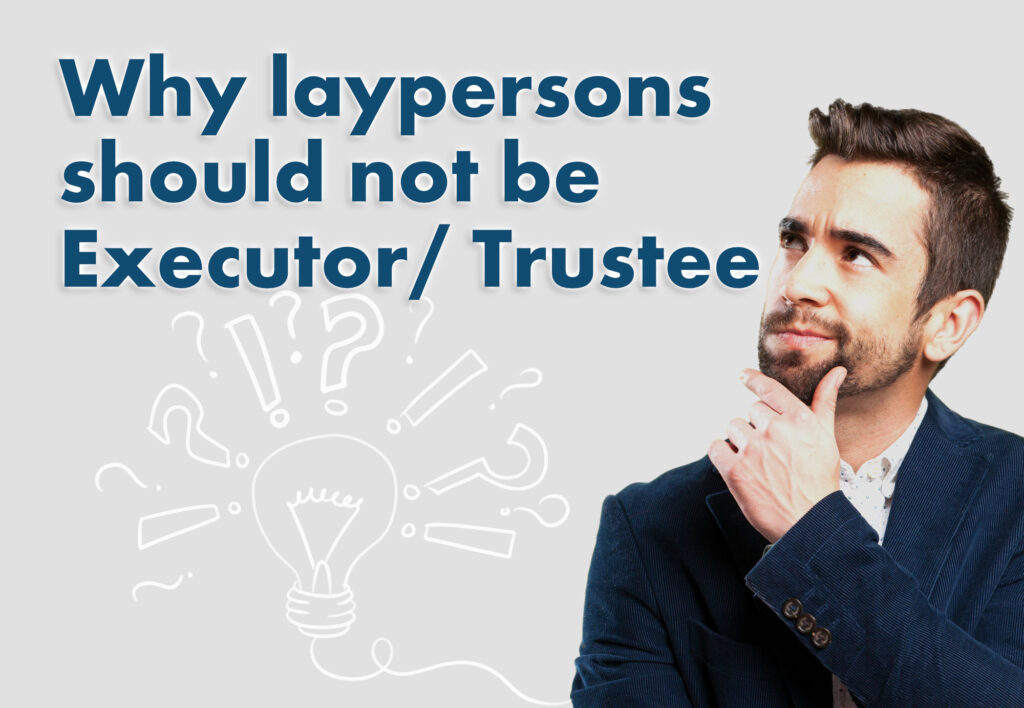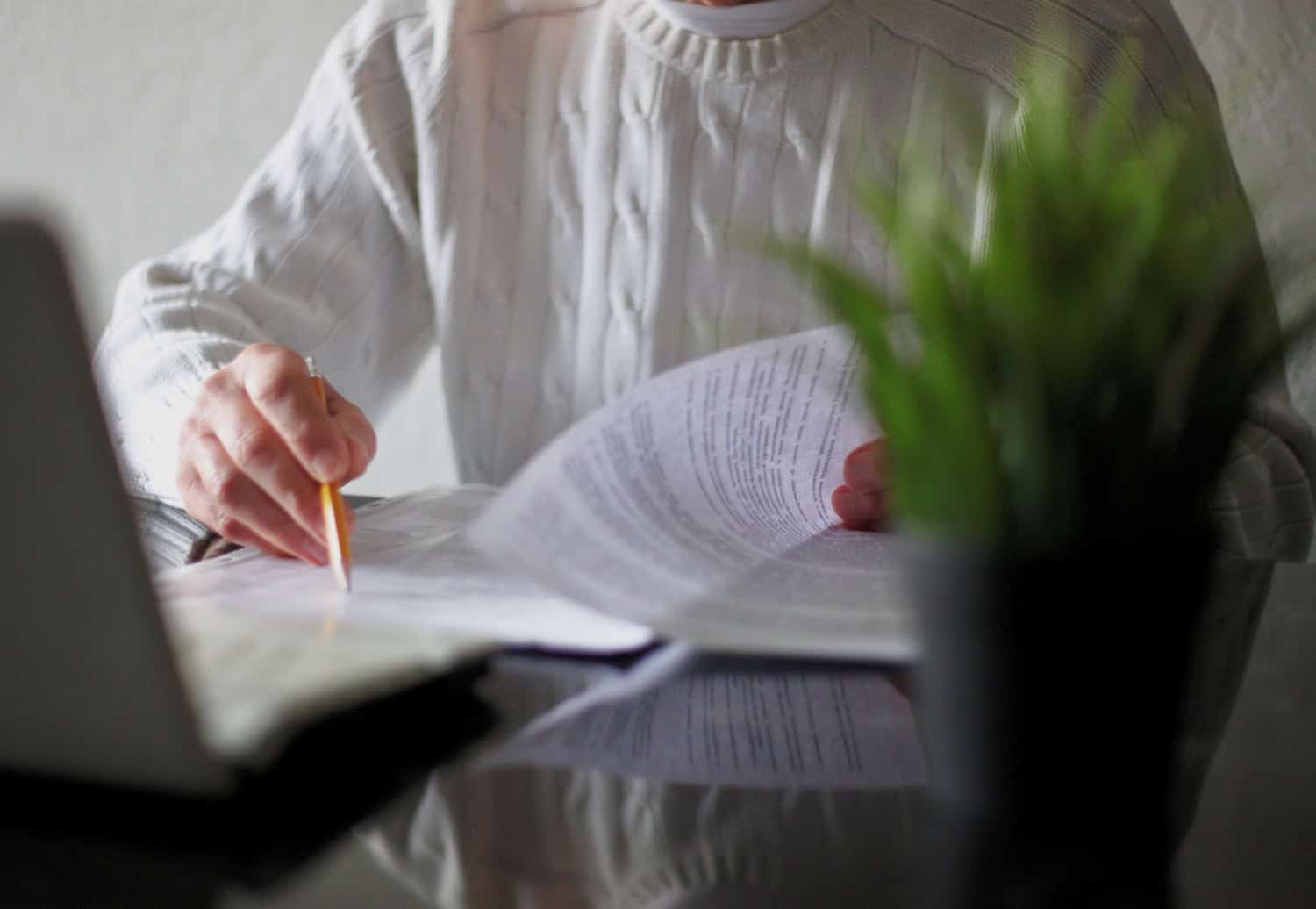“I did not receive one nickel of the money and yet my reputation was tarnished!”- the voice of a Toronto accountant who acted as an executor and trustee for her client’s multimillion-dollar estate, as she burst into tears. If she was aware of the legal implications and responsibilities as an Executor and Trustee, she would not have agreed to it.
Generally, when a loved one passes away, a family member may be appointed in the deceased’s Will as the “Executor and Trustee” of the estate. This person has the fiduciary and statutory duty of care to make sure that he distributes the assets to the beneficiaries of the estate according to the wishes of the Will of the deceased. It requires his utmost diligence, good faith and loyalty in his discharge of his duties.
Amongst his many duties, besides avoiding any conflict of interest while administering the estate, the Executor is to prepare an accurate inventory of items in the estate to ensure that nothing of value is hidden from creditors, that one party has not unfairly taken a piece of property belonging to the estate at the expense of other beneficiaries. If he acts without care and causes loss or detriment to the estate, he will be liable to be sued. Even the closest families can be torn apart by problems that arise in the management of an estate.
Many newspaper articles have reported cases where family members ended up taking each other to Court. In a recent case, two women had out of good faith and compassion, agreed to be joint executors of a woman’s will. They were found liable to the woman’s son for $87,000. In VJ and others v UVHand others and another [2020] SGCA 49, the brothers appointed as executors and trustees were sued in court for breaching their trustees’ duties in making personal gains by non- disclosure of material information to their sisters, who were beneficiaries and misappropriated the trust funds under their care. In other cases, executors were found liable when they had acted dishonestly and obtained personal gain.
During administration of the Estate, there are also proper procedures for an executor or trustee who wishes to resign or retire. In Chan Chi Cheong v Chan Yun Cheong [2020] SGHC 43, the individual trustee had to resort to the assistance of the Court in order to resign from the office.
What is the solution?
The testator should carefully consider the person he wants to carry out the executor and trusteeship role in his Will. Is the intended lay executor and trustee equipped with the skills of managing the assets? Is he a responsible and trustworthy person? Is he biased against certain beneficiaries? Is he likely to expect a fee or remuneration to perform his role?
Would it not be better to appoint professional executors and trustees over a lay executor and trustee? The administration of an estate can be complex and the person entrusted to carry out the role may himself be deceased or unwilling or incapable of acting as the executor and trustee. By appointing a professional trust company as the default executor and trustee, it will avoid or prevent the various undesirable disputes among the testator’s family members after his death.
Do not worry, call PreceptsGroup, our professional Estate and Succession Practitioners and legal counsel will offer you the solutions to your estate planning concerns.
This article was first published in our newsletter, The Custodian Issue 15 on Sep, 2020. Click here to access our latest newsletter.










